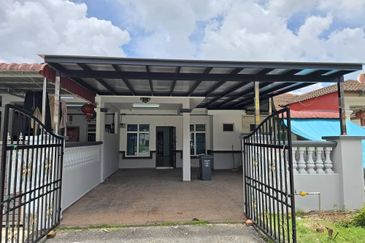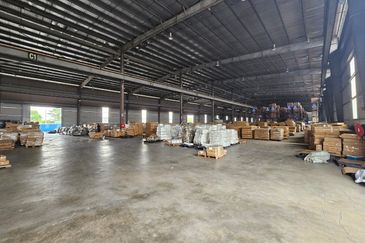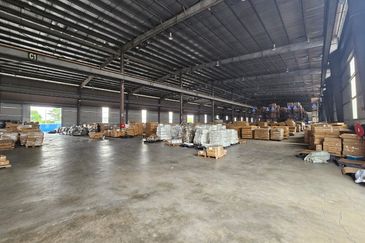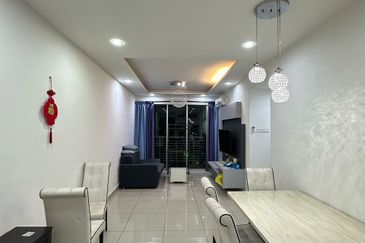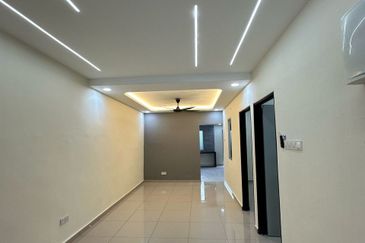
The National Homebuyers Association (HBA) is calling out that the drafted laws of the proposed Residential Tenancy Act (RTA) draft have incomprehensible sections. Some of these laws would not only be unnecessary but harmful to the average property stakeholder. There need to be robust discussions and in-depth studies before codifying any rental laws to avoid disharmony and social issues in Malaysia.
The proposed Residential Tenancy Act (RTA) has been a hot topic of discussion since the year 2020 – which is unsurprising as Malaysia has never had any specific laws or acts governing landlords and tenants. The RTA is set to be tabled in the Parliament in Q1 2022 and the Malaysian government has been seeking feedback for the proposed enactment of the RTA through a one-month public consultation undertaken by the Ministry of Housing and Local Government (KPKT).
According to KPKT, the RTA will be a milestone for the rental market in Malaysia as it will help protect tenants and property owners/ landlords from any dispute that might arise for the duration of the rent, as currently there is no tribunal for issues relating to housing rental. Supposedly, the RTA will study standards and benchmarks used in similar Rental Acts in New South Wales and Victoria, Australia and it will be tailored to local context suitability.
Red flags raised over drafted RTA laws
Noble objectives aside, HBA has pointed out several areas of concern in KPKT’s Proposed Survey and Drafting of the Residential Tenancy Act (Cadangan Kajian dan Penggubalan Akta Sewaan Kediaman) below:
Rental deposit will be taken away from landlords
If the law is passed, the 2+1 security deposit (two-month rental and one-month utility) which is common for most rental tenancies in Malaysia will no longer be held by landlords and instead will be parked in a yet to be named Government agency. The (future) Comptroller of Residential Tenancy would be authorised to manage the security deposits (parked under a neutral agency) to ensure that the authorities would be able to address any conflict between landlords and tenants later on.
To quote Page 36 of the KPKT report,” The security deposit will be returned to the tenants once the tenancy agreement expires provided there are no expenses which need to be deducted from the sum. If there is any dispute, the matter will be referred to the tribunal.”
Should the government make the move to hold onto the rental deposits, it can disrupt its own image in the public’s eyes.
Random Survey done to collect feedback from the public has a flawed sampling
The Government conducted a random survey to obtain justification for their intervention in landlord-tenant governance via the RTA. The issue is that the survey conducted by the Government to obtain said “public feedback” only reached out to 0.009% of the total population! Unfortunately, the survey respondents is not a solid representation of the 32.4 million Malaysians as they comprised of a mere 3,119 respondents, of whom:
-
1,104 were residential owners
-
2,015 were tenants
Moreover, seeing that 65% of the respondents were tenants, the survey results could be very much skewed towards the tenants’ interest.
Survey respondents mostly from selected races and locations only
Moreover, it was discovered that 87% of the survey respondents are of Malay ethnicity, leaving 13 to the other races in Malaysia. Adding further salt to the wound, the survey only reached out to respondents within the localised state of Selangor, Klang Valley & Putrajaya. Property stakeholders in many other cities, towns and states in Malaysia were not interviewed.
Previously, KPKT under the then Housing Minister, YB Datuk Hjh Zuraida Kamaruddin has also shared that the Residential Tenancy Act will have a special focus on curbing ‘racist’ practices by certain landlords. This new law could open a new can of worms.
Vague information and lack of data provided to the rakyat
HBA has expressed our concern over the survey which lent weight towards the proposed RTA laws.
The KPKT report did not mention key information from the survey, leading us to question its validity and importance. For instance:
-
Were the survey respondents a cross-section of the T20, M40 & B40 economic groups and came from different educational backgrounds?
-
The property owners/ landlords and tenants who were interviewed – did it cover/combine both local landlords and foreign owners?
-
Did the survey cover various strata of community, owners of different types of residential properties?
-
Were surveys carried out in both rural, suburban and urban areas?
-
We also do not know whether the questions posed are lopsided or tenant biassed. Infact, much depends on the quality of the survey questions;
-
How was the survey done? Postal or online or ‘person to person’. Most universities use students for their surveys; pilot testing? We are not privy to that;
-
Is this meagre group of 3119 respondents, in all sincerity, a clear representation of all property owners/landlords and tenants throughout Peninsular Malaysia?; and
-
Do we honestly think that a Survey of this sort can be considered to be holistic enough to justify creating a new rental law (RTA) to govern the whole of Peninsular Malaysia? It is a federal law, mind you. It is not a kampong survey (pun intended) for a kampong penghulu (village chieftain).
Wouldn’t ‘retaining’ the security deposit with KPKT be even more detrimental to the tenant? Don’t they not know that the tenant requires the same security deposit to place with the landlady for the new premises? You surely, would know the bureaucracy red tape that the tenant will have to endure and suffer going through for the refunds and know the ‘efficiency’ (pun intended) of our government agencies.
Are we going about the RTA the right way?
Some sections of the RTA bill are mystifying and we dare say it will not be accepted by the average man on the street. The Government is interfering in the market economy when there is no need for such government interventions. This “meddling” would only drive away investors.
In this post-pandemic period, the government should be focusing on macro issues which can help boost economic recovery such as reviving the Tourism and Hospitality Industry. Thousands have lost their jobs because of inappropriate and large scale wholescale lockdowns. Hotels and tourist facilities have closed, shopping malls are receiving less crowds while many have lost their jobs within their depleted savings. At this point in time, the RTA is unnecessary. Focus should be on reviving the economy.
As aforementioned, the government is currently seeking feedback from interested parties and Malaysian citizens on its Proposed Survey and Drafting of the Residential Tenancy Act report via a one-month public consultation. Those who wish to provide their views on the proposed draft laws have until February 28, 2022 (Monday) to do so on the Malaysia Productivity Corp’s (MPC) website.
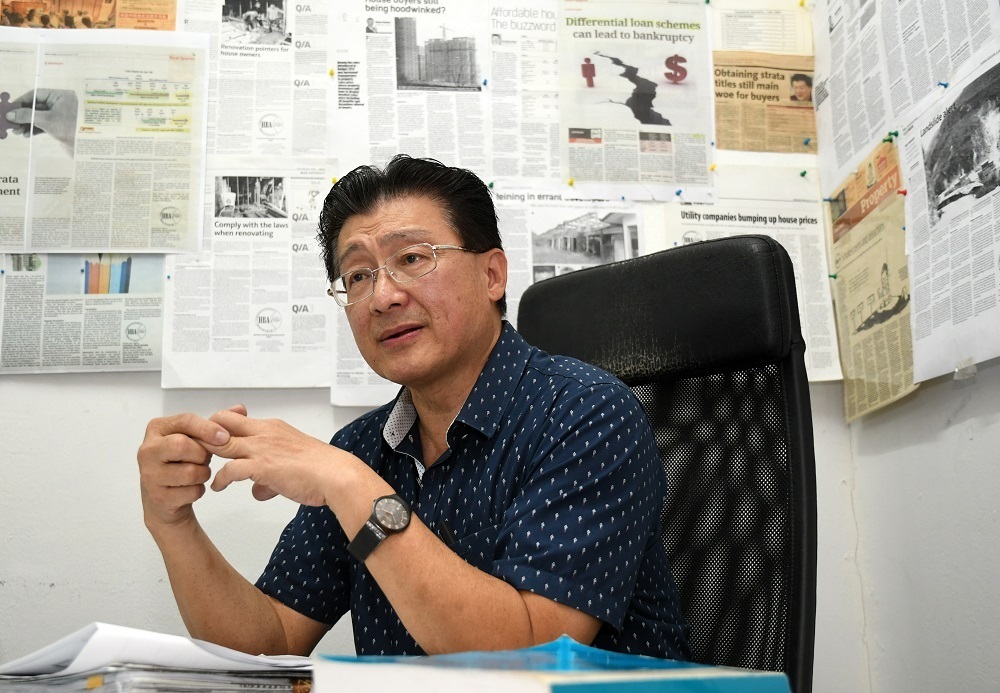
This article is written by Datuk Chang Kim Loong, Hon. Sec-Gen of the National House Buyers Association (HBA), a non-political, not-for-profit Organisation manned wholly by volunteers. Their link: www.hba.org.my
Get the latest news @ www.EdgeProp.my
Subscribe to our Telegram channel for the latest stories and updates
TOP PICKS BY EDGEPROP

Permas Ville, Bandar Baru Permas Jaya
Permas Jaya/Senibong, Johor


